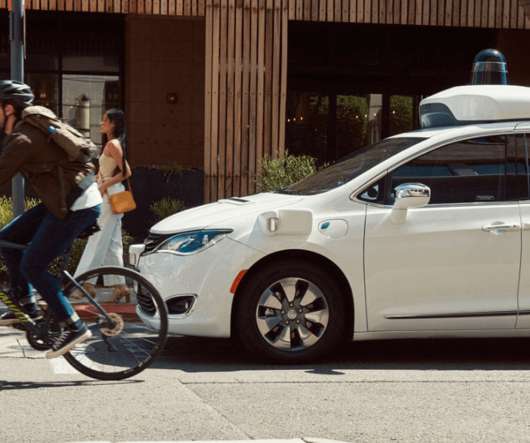Dark Secrets at The Heart EV Supply chain We Often Fail to Address
Get Electric Vehicle
DECEMBER 3, 2021
We all believe that an electric vehicle is much more eco-friendlier than a conventional gasoline car. Yes, They Are Greener But… On the surface, EVs are more ecological than gasoline cars because 70-80% of the pollution caused by automobiles comes from their tailpipe and EVs don’t have tailpipe emissions. The Real Problem.


















Let's personalize your content